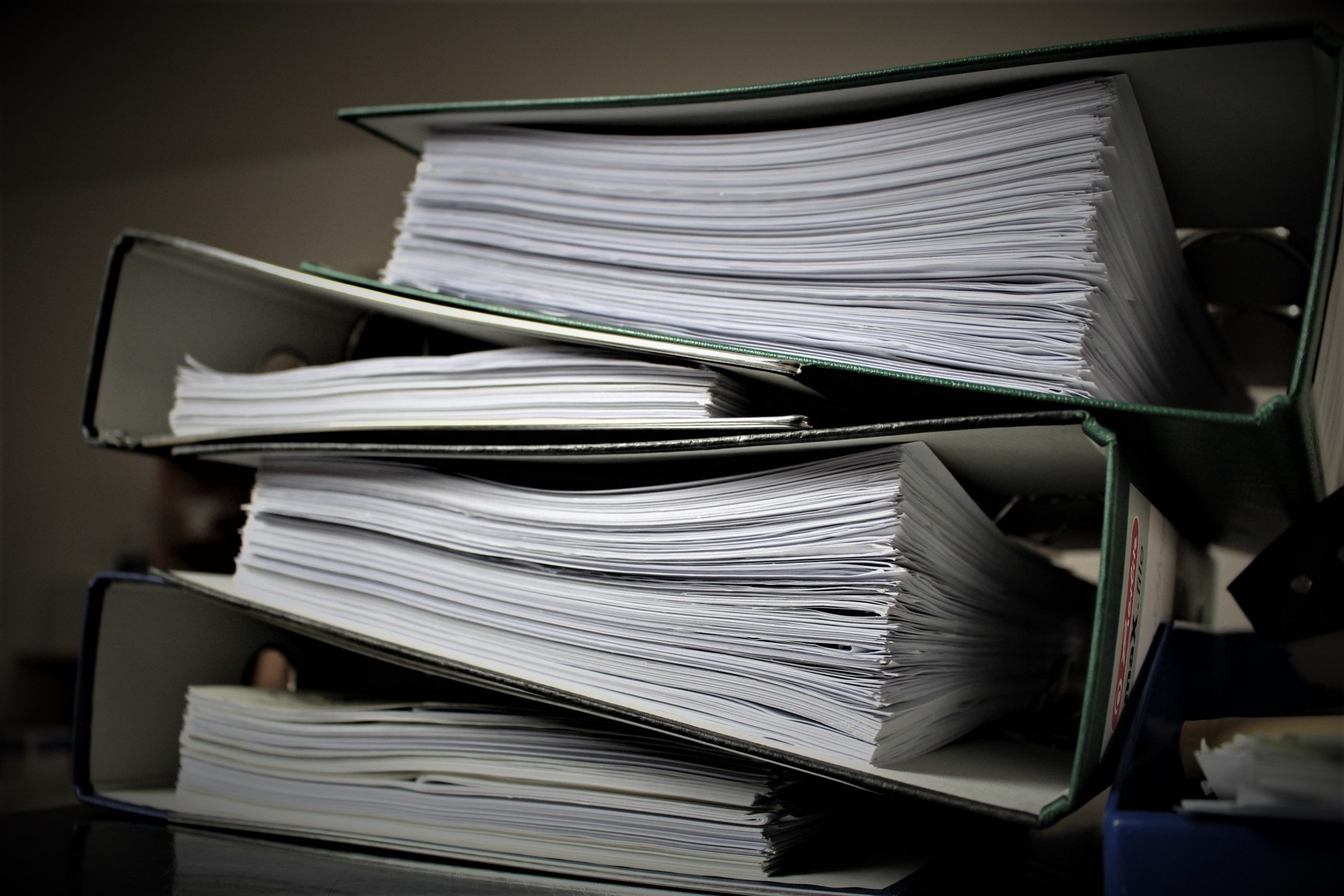An executor, appointed in a Will to finalise someone’s affairs after their death, can be either a professional or a private individual.
According to a survey conducted by market research consultancy IRN entitled UK Wills, Probate and Trusts Market 2020, the number of private executors has increased over the past decade. Despite this, the majority of estate administrations are still dealt with by solicitors, with the following split for the two years prior to the report:
2018 Private individuals: 37.2% Solicitors: 62.8%
2019 Private individuals: 38.3% Solicitors: 61.7%
The reason for this is likely to be the complexity of the job as well as the number of hours of work it requires.
The job of executor
It is the executor’s job to wind up all of the deceased’s affairs and account to the beneficiaries named in the Will for their share of the estate. The process involves identifying and valuing all of the assets in the estate, calculating and paying Inheritance Tax, applying to the Probate Registry for a Grant of Probate, collecting and selling the assets, to include any property, preparing estate accounts and distributing the estate to the beneficiaries.
Difficulties to look out for
Even a relatively small estate can be quite time-consuming to administer and involve substantial paperwork. Calculating Inheritance Tax is not always easy, as gifts made in the past seven years may attract tax on a sliding scale and these will need to be identified by scrutinising financial records.

Research has found that for many of those who take on the job of executor, the role is more complicated than anticipated. In addition, only a small proportion of private executors have been found to be aware that an executor can be held personally liable for any mistakes that cause losses to the estate, even if these were genuine errors.
Losses could arise by not acting promptly in winding up an estate or not reporting the loss in value of an asset to HM Revenue & Customs in time to apply for loss relief.
If a gift is not declared to HM Revenue & Customs and is later discovered, invoking a tax penalty, the executor would be liable for paying this personally.
In the event of a dispute over the contents of the Will, an executor must take care not to mismanage this and spend an excessive amount of the estate’s funds in expenses defending any legal action. At the same time, they are bound to act in the best interests of the estate and protect it as far as possible for the beneficiaries.
Professional representation
The alternative is to appoint a professional to act as your executor. This is usually an experienced probate solicitor who will be familiar with the process and used to calculating Inheritance Tax and preparing estate accounts.
You can be sure that a professional executor will act in the best interests of the estate and that they are trustworthy. It can also help your family to avoid any misunderstandings or disagreements if a professional has conduct of the estate administration.
Often, appointing a professional means that an estate can be wound up more quickly, as they have the time and expertise to devote to the matter every day and can ensure that everything is attended to without delay.
If your circumstances or your estate are quite complicated, it may be beneficial to appoint a professional, for example, if you have diverse or complex assets or business interests.
Whether you choose a private or professional individual to be your executor, it is advisable to review your Will and the appointments it contains from time to time and, if necessary, make changes
Want more information about appointing a Professional Executor?
Speak to one of our experts today to consider your Will and make descions about your executors.
From our Cambridge office, in your own home or online, we’re ready to help you in the way that is best for you.


0 Comments